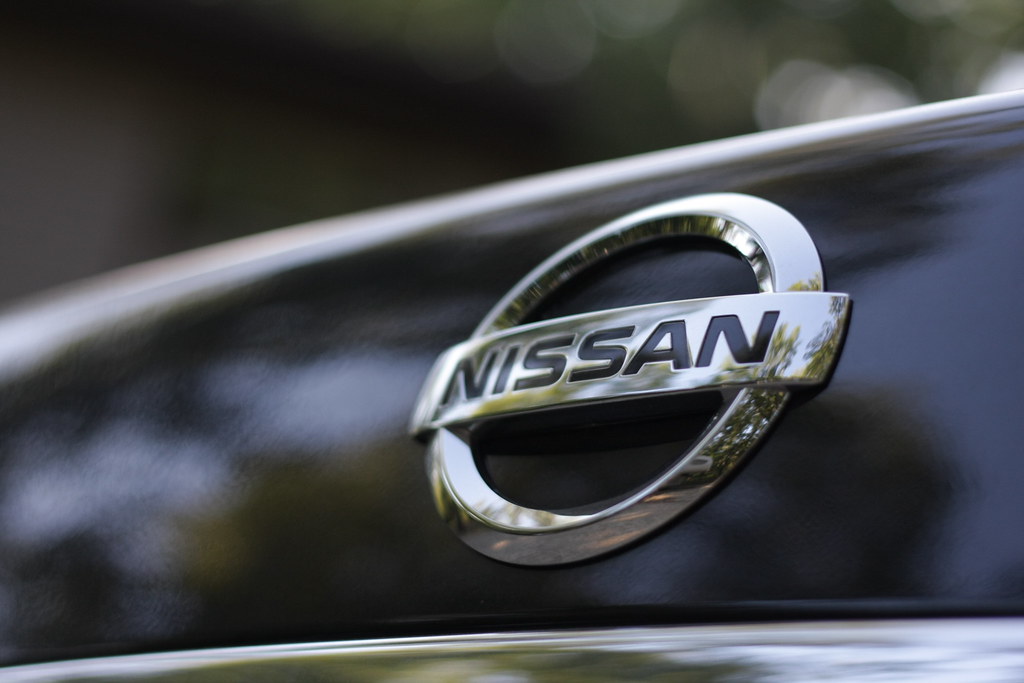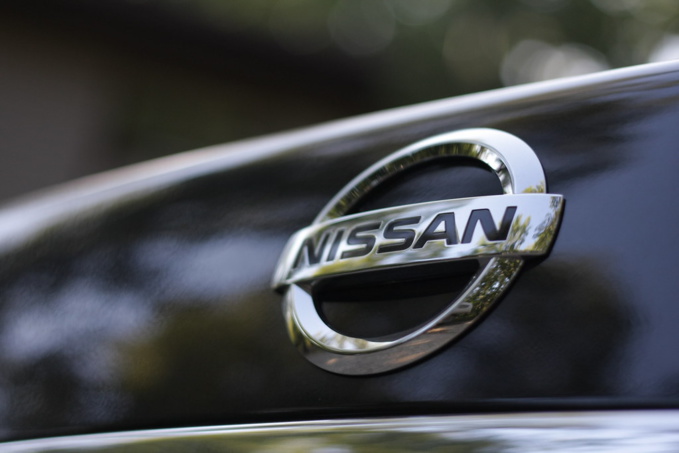For 2020, the company posted a loss of ¥449 billion ($4.2 billion), which, however, is 33% lower than the loss posted in fiscal 2019.
Performance in the fiscal 2020, the company said, was impacted by the COVID-19 pandemic, which sharply reduced sales, especially in the first quarter. In subsequent quarters, sales began to recover.
However, the business climate continues to be challenging, with external factors other than COVID-19, such as currency volatility and semiconductor shortages, all adversely impacting the company's profitability.
The shortage of semiconductors, Nissan said, could push its fiscal 2021 profit to zero and its net loss to ¥60 billion ($550 million), its third straight year of losses.
However, the company expects production growth of 8.6% to 4.4 million vehicles in fiscal 2021.
source: bloomberg.com
Performance in the fiscal 2020, the company said, was impacted by the COVID-19 pandemic, which sharply reduced sales, especially in the first quarter. In subsequent quarters, sales began to recover.
However, the business climate continues to be challenging, with external factors other than COVID-19, such as currency volatility and semiconductor shortages, all adversely impacting the company's profitability.
The shortage of semiconductors, Nissan said, could push its fiscal 2021 profit to zero and its net loss to ¥60 billion ($550 million), its third straight year of losses.
However, the company expects production growth of 8.6% to 4.4 million vehicles in fiscal 2021.
source: bloomberg.com



















